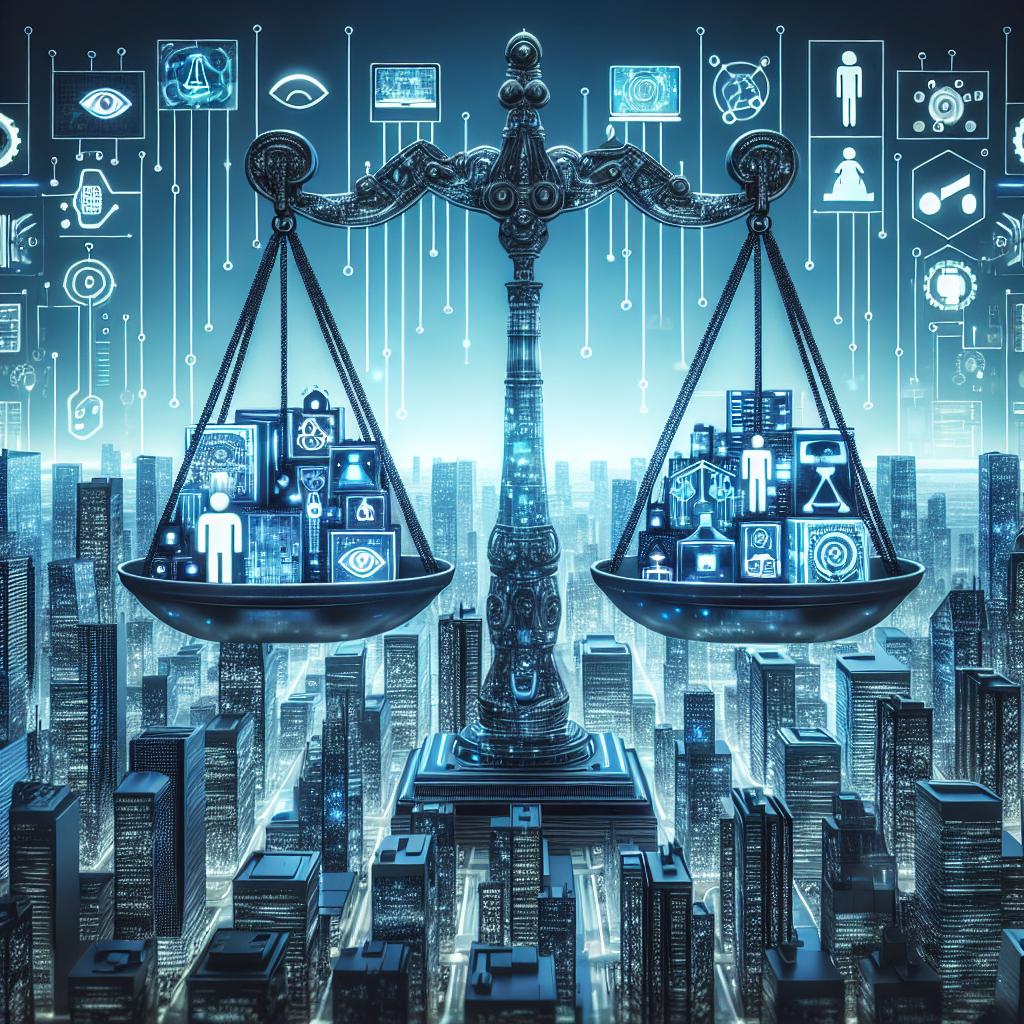Artificial Intelligence (AI) has rapidly advanced in recent years, revolutionizing many aspects of society. From autonomous vehicles to voice assistants, AI technologies are becoming increasingly integrated into our daily lives. While the benefits of AI are significant, there are also ethical risks associated with its use, particularly when it comes to human rights and civil liberties.
One of the key ethical risks of AI is the potential for bias in decision-making. AI algorithms are trained on large datasets, which can contain biases present in the data. This can result in discriminatory outcomes, particularly in areas such as hiring, lending, and criminal justice. For example, a study by the AI Now Institute found that algorithms used in the criminal justice system were more likely to falsely label African American defendants as being at higher risk of committing future crimes compared to white defendants.
Another ethical risk of AI is the potential for loss of privacy. AI technologies often rely on vast amounts of personal data to function effectively. This data can include sensitive information such as health records, financial details, and even location data. If this data is not adequately protected, it can be vulnerable to misuse and abuse, leading to violations of individuals’ privacy rights.
Furthermore, there is a concern that AI could infringe on individuals’ freedom of expression and speech. As AI systems become more sophisticated, they have the ability to monitor and censor online content in ways that were previously not possible. This could have a chilling effect on free speech, as individuals may self-censor to avoid being flagged by AI algorithms.
In addition, there are concerns about the impact of AI on employment and labor rights. As AI technologies automate tasks that were previously performed by humans, there is a risk of widespread job displacement. This could lead to economic inequality and social unrest, as those who are unable to adapt to the changing job market are left behind.
Overall, the ethical risks of AI pose a significant challenge to human rights and civil liberties. It is crucial for policymakers, technologists, and society as a whole to address these risks in order to ensure that AI is deployed in a way that is fair, transparent, and respects the rights and dignity of all individuals.
FAQs:
Q: How can bias in AI be mitigated?
A: Bias in AI can be mitigated through various methods, such as using diverse and representative datasets, implementing bias detection and correction algorithms, and ensuring that AI systems are transparent and explainable.
Q: What are some ways to protect privacy in the age of AI?
A: To protect privacy in the age of AI, individuals can take steps such as being mindful of the data they share online, using privacy-enhancing technologies, and advocating for stronger data protection laws and regulations.
Q: How can AI be used to promote human rights and civil liberties?
A: AI can be used to promote human rights and civil liberties by enhancing access to information, improving healthcare outcomes, and increasing efficiency in government services. However, it is important to ensure that AI is deployed in a way that respects human rights and does not infringe on civil liberties.

